If you click on a link and make a purchase we may receive a small commission. Read our editorial policy.
Cartoonist Jeffrey Brown chats about republishing his iconic memoirs, Star Wars, and comedy for kids
Jeffrey Brown chats Star Wars, kids comics, and what its been like to return to Clumsy, so many years later

Jeffrey Brown has had a particularly eclectic career, even for a cartoonist. Starting his cartooning in the barest bones of independent publishing i.e. self publishing his first book Clumsy to penning bestsellers with his Star Wars picture books, Jedi Academy graphic novels, and kids comic Once Upon a Space-Time!, Brown has probably one of the most wide-ranging portfolios in the business.
In this interview, Popverse sat down with Brown to chat about the republication of his original graphic memoir, what it's like writing comedy for kids, and how his work has changed over the years.
Popverse: Jeffrey, you recently republished a collection of your original memoirs, how was it returning to that years later?
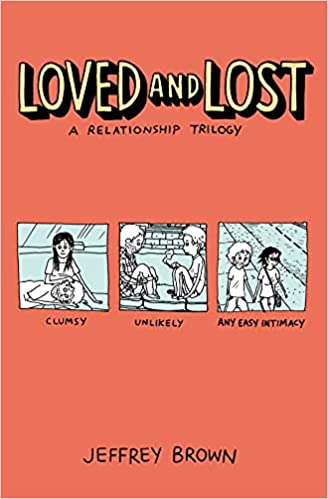
Jeffrey Brown: You know, it's very strange. Those books were such a like a big part of— I mean, they were all of my early career and even over the years when I switched to doing more Star Wars and kid's stuff, those books were always kind of a presence, but I didn't really look closely at them.
So it was interesting to kind of look at them fresh and see things I'd forgotten I'd drawn even though these are memories and drawings that I knew so well.
When you're reading these comics, do you tend to remember when you were drawing them or when you're a living the experience?
It's almost like they became some kind of abstract mix of— it's not the real memory anymore but it's also not the drawing. I guess there are some times I remember specific drawings, there's particular panels that I remember struggling with how I wanted to draw them and for some reason it sticks in my brain
I think the process of drawing them the first time created a distance from the memories already. There's still that kind of this artificial barrier there. I would have to actually sit down and think about the memories; I can no longer just have them be brought up by seeing the drawings.
Your old work and your new work is pretty different. How has your process changed over the years?
I think the biggest thing is when I started doing the autobiographical books, one of the things that I really wanted to get was not getting caught up and editing and overthinking and over planning with the idea that if I was just putting it out on the page directly it would express things more intimately.

Over time, it's been hard to keep that kind of immediacy to the work. I've become more of a planner and more of a thinker and planning out the whole book before I start sketching. Whereas the first book Clumsy, I literally just started drawing the first panel and maybe had a vague idea in my head of how I would write it. But I still try to keep some looseness to the drawing at least, even if the writing side is way more involved.
I know you had a recent book about raising kids. Are you thinking about returning more to memoir?
I've been thinking more about it. It's harder now because I feel like I'm still in the relationships I might be writing about, whereas it's easier to write about things when there's more distance from them.
I've kind of covered all the material that I have enough distance from to feel comfortable with. There's things I want to write about but mostly my urges now are for short more humorous and less serious stuff.
I don't want to force myself. I don't want to go back to writing about autobiographical stories just because I feel like I should do it. I need to have that specific inspiration, and I just haven't had that— at least not for like a full or longer story or book.
Your memoirs are known for being really relatable and accessible. Your new stuff is also for the accessible in a different way, right? It's in every bookstore. How do you feel like your relationship with your audience has changed?
I guess maybe the relationship has changed. With the personal work, I felt like there was more of a give and take maybe, where I was putting out these stories about my own life and trusting the reader with them. And then, in response, readers trusted me with their story in the way they responded to the work.

With the Star Wars work, I think people do connect with it. One of the things that was really surprising when I did Vader's Little Princess was how many women would come up and say, 'Oh, I really reconnected with my dad over this book because I went off to college and we'd grown apart and then I got this book.' There's a connection there, but it's because of the work. My side of the work is different and less personal, so it's more one sided.
In your new work, you're writing comedy for children. Are you drawing from your personal experiences? Is it different than writing for adults?
I mean, I try not to make it too different. I let the editor pull me back, so that editors will say, 'This concept might be too advanced for kids' or 'This joke, kids might not get this.' I don't try to approach it like I'm writing for kids.
I still try to write for myself, and maybe there's a little bit of softening or there's certain things I'll avoid just out of a sense that this wouldn't be for kids. And maybe there's a little more slapstick, a little more potty humor.
But in the end, like in Jedi Academy, a lot of the stories are based on my own middle school experiences. 'Oh, that was a funny thing.' It wasn't funny when I was a middle school, but it's funny now because I can look back. So I think that's the same.
I have always approached memoirs just like 'Here's this embarrassing thing that happens, and you can find humor in it. '
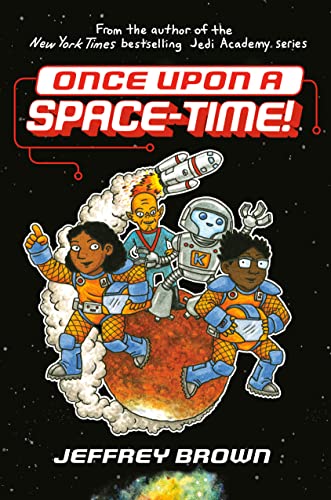
Are you big Star Wars fan?
I am. It was the first movie I saw in the theater. I grew up with the toys and the trading cards and the comics. I had all the sketchbooks that have the concept art and the storyboard art, so Star Wars was actually part of inspiring me to draw. Seeing all that art, thinking, 'Oh. Drawing Star Wars is a job for someone out there.'
I liked comics, and I liked drawing comics, but Star Wars was always part of that too.
You've mentioned before that the Darth Vader books drew from your relationship with your kids. Now that you've been a parent for a while longer has your approach changed?
I guess that's changed a little just because, as my kids have gotten older, it's harder to access the further back memories. Also, I feel like I've done so much Star Wars parenting. It's become harder and harder to find new nuggets, so I think the difference in approach is more like it's harder work. Darth Vader came so easy. Like the way things fit together, and then over time, I'm running out of quotes and scenes. Like I've already used that scene for this drawing so I can't use it for something else. That's the biggest difference.
What was it like to have that big immediate success with Darth Vader? That happened quite fast, right?
It was very fast. It kind of happened before the book even came out because someone leaked some of the pages online, and they started getting passed around, and the publisher actually released the book early because there was all this momentum. It's weird to think back at it, what a difference it was from doing the indie autobiographical comics and self-publishing, things that, you put it out and then a couple months later, you might hear someone might have read it.
I feel like it was happening so fast that I didn't have a chance to get overwhelmed by it,
What is your favorite thing right now?
I like playing pickup soccer. It feels weird to say that it's a favorite thing, but it's the thing that gets me out of the house when I'm not drawing and I get some fresh air and stop overthinking things for an hour.
Follow Popverse for upcoming event coverage and news
Find out how we conduct our review by reading our review policy
Let Popverse be your tour guide through the wilderness of pop culture
Sign in and let us help you find your new favorite thing.


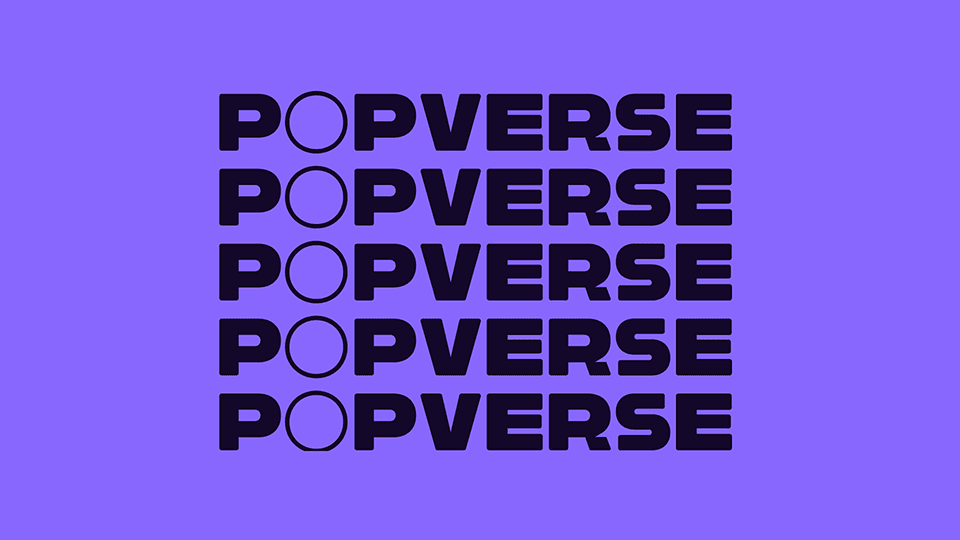


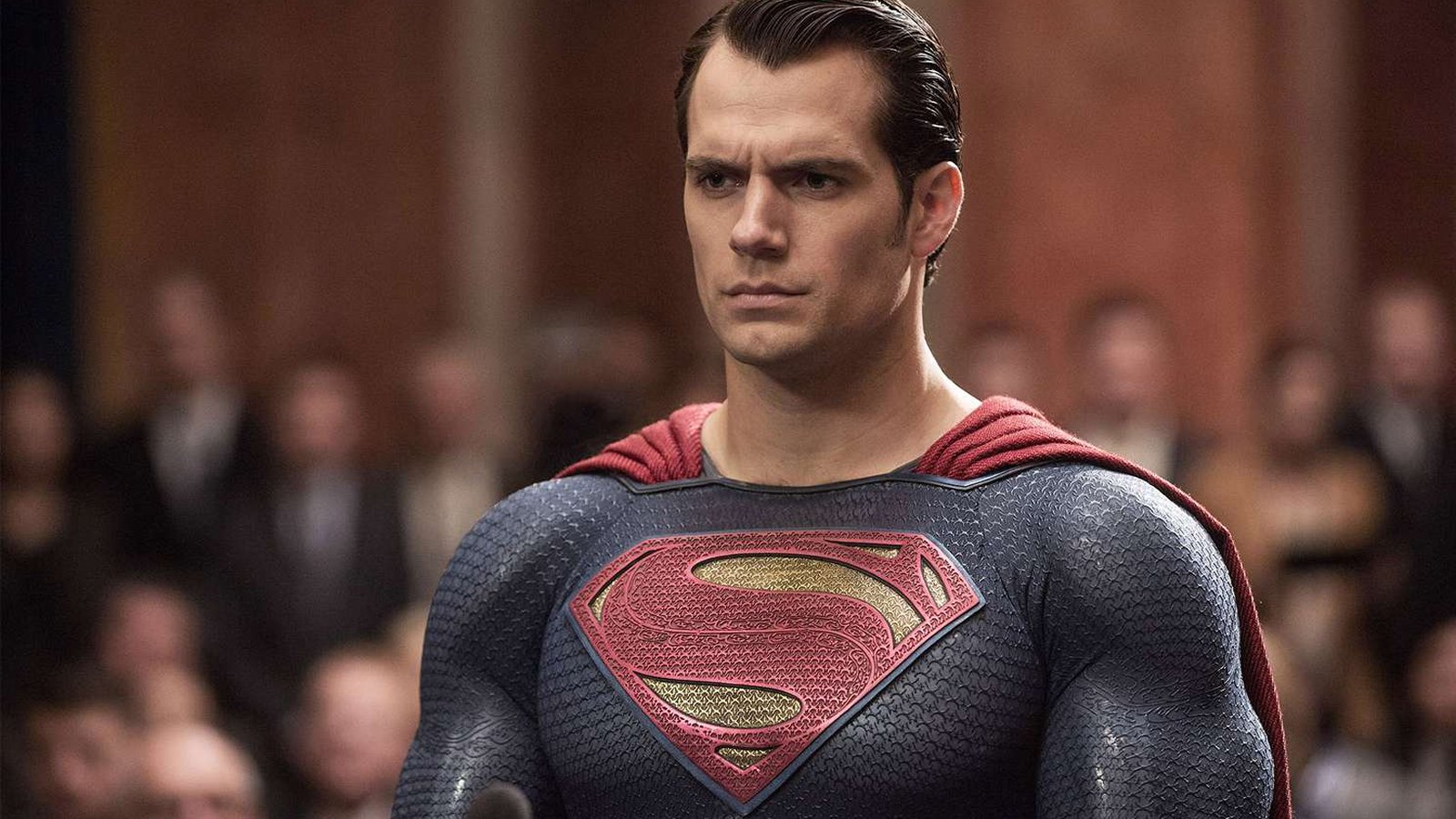

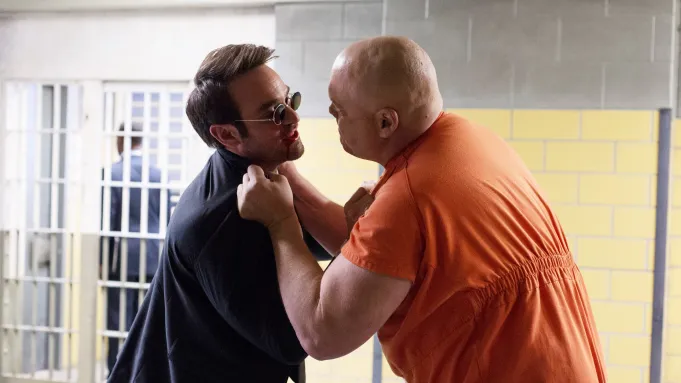








Comments
Want to join the discussion? Please activate your account first.
Visit Reedpop ID if you need to resend the confirmation email.